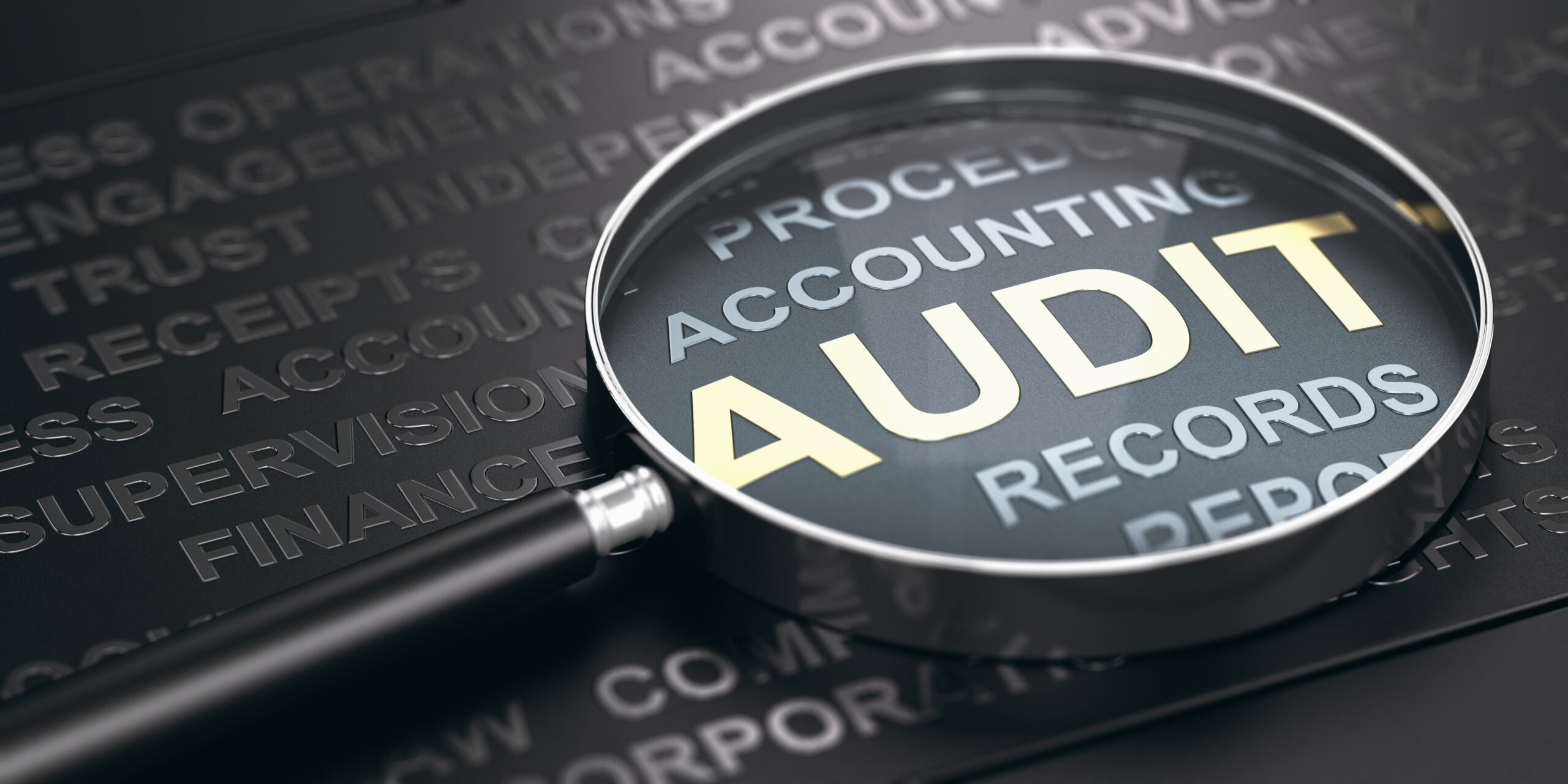The auditing profession carries significant responsibility and inherent risks that can result in substantial financial losses if things go wrong. Whether you're a sole practitioner, part of a small auditing firm, or working within a larger accountancy practice, professional indemnity insurance is not just advisable—it's essential for protecting your business and professional reputation.
Understanding Professional Indemnity Insurance for Auditors
Professional indemnity insurance for auditors provides crucial protection against claims of professional negligence, errors, omissions, or breaches of professional duty. This specialized coverage is designed to address the unique risks that auditing professionals face when providing their services to clients.
The insurance covers legal costs, compensation payments, and other expenses arising from claims that your professional advice or services have caused financial loss to a client. Given the nature of auditing work, where your professional opinion can significantly impact business decisions and stakeholder confidence, this protection is invaluable.
Key Risks Faced by Auditing Professionals
Financial Statement Errors
Auditors face the risk of missing material misstatements in financial records, which could lead to investors or lenders making decisions based on inaccurate information. Such errors can result in significant financial losses and subsequent negligence claims.
Regulatory Non-Compliance
Failure to identify non-compliance with accounting standards, tax regulations, or industry-specific requirements can expose both your client and your practice to regulatory penalties and legal action.
Fraud Detection Failures
While auditors are not responsible for detecting all fraud, failure to identify material fraud that should have been discovered through proper auditing procedures can lead to professional negligence claims.
Breach of Professional Standards
Claims can arise from alleged breaches of professional auditing standards, ethical requirements, or regulatory obligations set by bodies such as the Financial Reporting Council (FRC) or professional institutes.
Client Confidentiality Breaches
Inadvertent disclosure of confidential client information or data breaches can result in privacy claims and regulatory action, particularly under GDPR requirements.
Advice and Consultation Risks
Beyond core auditing services, many auditors provide business advice, tax guidance, or consultation services, each carrying additional professional liability risks.
What Professional Indemnity Insurance Covers for Auditors
Legal Defense Costs
Your policy will cover the cost of legal representation when defending against professional negligence claims, including solicitor fees, barrister costs, and court expenses.
Compensation and Damages
If you're found liable for professional negligence, the insurance covers compensation payments to affected parties, including direct financial losses and consequential damages.
Regulatory Defense
Many policies include cover for legal costs associated with defending regulatory investigations or disciplinary proceedings by professional bodies.
Loss of Documents
Coverage for costs associated with recreating lost or damaged client documents, including the expense of reconstructing financial records or audit files.
Dishonest Employee Protection
Some policies extend to cover losses arising from dishonest acts by employees, providing additional security for your practice.
Crisis Management
Advanced policies may include public relations support to help manage reputational damage following a claim or regulatory investigation.
Industry-Specific Considerations
Audit Firm Size and Structure
The level of coverage required varies significantly between sole practitioners, small partnerships, and larger audit firms. Larger firms typically require higher indemnity limits due to the scale and complexity of their client base.
Client Portfolio Risk Assessment
Auditors working with high-risk sectors such as financial services, construction, or emerging technology companies may face higher premiums due to increased exposure to complex claims.
International Operations
Firms providing auditing services internationally need to ensure their coverage extends to overseas operations and complies with local regulatory requirements.
Specialization Areas
Auditors specializing in areas such as forensic accounting, insolvency, or regulatory compliance may require enhanced coverage to address specific professional risks.
Choosing the Right Coverage Level
Minimum Regulatory Requirements
Professional bodies often set minimum indemnity insurance requirements. For example, ICAEW members must maintain minimum coverage levels based on their firm's fee income.
Risk-Based Assessment
Consider your client base, service offerings, and potential exposure when determining appropriate coverage levels. High-value clients or complex engagements may warrant higher indemnity limits.
Aggregate vs. Each Claim Limits
Understand whether your policy provides coverage on an "each claim" basis or includes an aggregate annual limit that could be exhausted by multiple claims.
Retroactive Coverage
Ensure your policy includes retroactive coverage for work performed before the policy inception date, particularly important when changing insurers.
Common Exclusions in Auditing PI Insurance
Criminal Acts
Deliberate criminal acts or fraudulent behavior by the insured are typically excluded from coverage.
Trading Losses
Losses arising from trading activities or investment advice outside the scope of professional auditing services.
Employment Disputes
Claims related to employment law issues, discrimination, or wrongful termination are usually excluded.
Property Damage
Physical damage to property is typically excluded, as this would be covered under public liability insurance.
Contractual Penalties
Liquidated damages or penalty clauses in contracts may be excluded from coverage.
Best Practices for Managing Professional Indemnity Risks
Quality Assurance Procedures
Implement robust quality control procedures, including peer reviews, technical consultations, and regular training updates to minimize the risk of professional errors.
Client Acceptance Procedures
Establish thorough client acceptance and continuance procedures to identify high-risk engagements and ensure appropriate resources are allocated.
Documentation Standards
Maintain comprehensive audit documentation that clearly demonstrates compliance with professional standards and supports your professional judgments.
Continuous Professional Development
Stay current with evolving auditing standards, regulations, and industry best practices through regular training and professional development.
Risk Management Systems
Implement effective risk management systems to identify, assess, and mitigate professional risks before they result in claims.
The Claims Process
Immediate Notification
Contact your insurer immediately upon becoming aware of any potential claim or circumstance that could lead to a claim. Prompt notification is crucial for coverage.
Documentation Preservation
Preserve all relevant documentation and avoid discussing the matter with third parties without consulting your insurer or legal advisors.
Professional Support
Your insurer will typically appoint experienced legal counsel familiar with professional indemnity claims to handle your defense.
Settlement Considerations
Work closely with your insurer and legal team to evaluate settlement opportunities and minimize both financial exposure and reputational damage.
Cost Factors and Premium Considerations
Firm Size and Revenue
Premiums are typically based on factors such as fee income, number of partners, and the size of your client base.
Claims History
Your claims history significantly impacts premium costs, with claim-free periods often resulting in premium discounts.
Risk Management Measures
Insurers may offer premium reductions for firms demonstrating strong risk management practices and quality assurance procedures.
Coverage Enhancements
Additional coverage features such as regulatory defense, crisis management, or extended retroactive periods may increase premium costs but provide valuable protection.
Regulatory Requirements and Professional Standards
Professional Body Requirements
Ensure your coverage meets the minimum requirements set by relevant professional bodies such as ICAEW, ACCA, or ICAS.
FRC Expectations
Consider the Financial Reporting Council's expectations regarding professional indemnity insurance for audit firms, particularly those auditing public interest entities.
International Standards
For firms operating internationally, ensure compliance with local professional indemnity insurance requirements in each jurisdiction.
Conclusion
Professional indemnity insurance is a fundamental requirement for auditing professionals, providing essential protection against the inherent risks of professional practice. The complexity of modern auditing, combined with increasing regulatory scrutiny and stakeholder expectations, makes comprehensive PI coverage more important than ever.
When selecting professional indemnity insurance, consider your specific risk profile, regulatory requirements, and the potential financial impact of professional negligence claims. Work with experienced insurance brokers who understand the auditing profession to ensure you have appropriate coverage that protects both your practice and your professional reputation.
Remember that professional indemnity insurance is not just about meeting regulatory requirements—it's about providing peace of mind that allows you to focus on delivering high-quality professional services while knowing you're protected against the unexpected challenges that can arise in professional practice.
For expert advice on professional indemnity insurance tailored to your auditing practice, contact our specialist team who understand the unique risks and requirements of the auditing profession.


 0330 127 2333
0330 127 2333
























